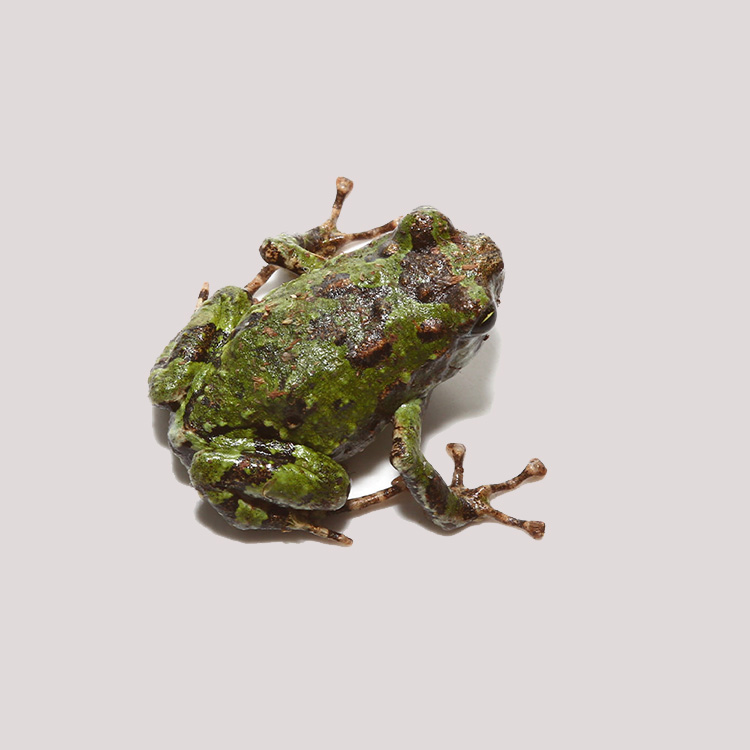Rain Frog for Sale: Discover Uncommon Amphibian Animals at Unbeatable Costs!
Rain Frog for Sale: Discover Uncommon Amphibian Animals at Unbeatable Costs!
Blog Article
Common Wellness Issues in Reptiles: Signs and Solutions
In the complex globe of reptile care, comprehending the common health and wellness issues that might impact these unique animals is extremely important in guaranteeing their well-being. From respiratory system infections that can quietly take hold to metabolic bone conditions that can incapacitate, reptiles are vulnerable to an array of ailments that call for keen monitoring and prompt treatment. Whether it's grappling with parasitic problems, browsing dehydration concerns, or attending to skin conditions that manifest in subtle means, being attuned to the signs and furnished with the knowledge of efficient solutions is crucial for any reptile proprietor. By delving additionally into the subtleties of these wellness problems and checking out the sensible solutions offered, one can guard the health and wellness and vigor of these interesting pets.
Respiratory System Infections
Respiratory system infections in reptiles can dramatically influence their overall health and need prompt focus from seasoned veterinarians. These infections are generally brought on by germs, infections, or fungi and can show up with signs and symptoms such as wheezing, nasal discharge, open-mouth breathing, and lethargy. In reptiles, breathing infections can be especially challenging to detect and deal with as a result of their distinct makeup and physiology. Veterinarians commonly depend on a combination of physical examinations, analysis imaging, and research laboratory examinations to precisely identify the underlying source of the infection.
Therapy for respiratory infections in reptiles generally includes a mix of supportive treatment, such as maintaining appropriate humidity levels and temperature level gradients in the room, in addition to targeted drug to deal with the particular virus in charge of the infection. It is important for reptile proprietors to monitor their pets carefully for any indicators of respiratory system distress and seek veterinary treatment at the earliest indicator of a problem. With timely treatment and ideal treatment, several reptiles can recover completely from respiratory system infections and resume typical tasks.

Metabolic Bone Condition
What elements add to the advancement of Metabolic Bone Condition in reptiles?
Metabolic Bone Disease (MBD) in reptiles is mainly brought on by a lack of appropriate calcium, phosphorus, and vitamin D3 levels in their diet plan. When reptiles do not obtain ample calcium, either with their food or appropriate UVB direct exposure for vitamin D3 synthesis, they are at a high danger of establishing MBD. Reptiles with diet regimens reduced in calcium or imbalanced calcium to phosphorus proportions are especially at risk. In addition, inadequate direct exposure to UVB light avoids reptiles from manufacturing vitamin D3, which is vital for calcium absorption and bone health.
Inadequate moisture levels can additionally affect a reptile's capacity to metabolize calcium efficiently. Normal vet examinations, correct husbandry methods, and a balanced diet plan are vital to stop Metabolic Bone Disease in reptiles.
Parasitical Infestations
Parasitic problems posture a considerable wellness danger to reptiles, influencing their general well-being and requiring punctual veterinary focus. Reptiles can be affected by different parasites, consisting of mites, ticks, interior worms, and protozoa. These parasites can create a series of symptoms, such as fat burning, sleepiness, skin inflammation, looseness of the bowels, and even fatality if left neglected.
One common bloodsucker discovered in reptiles is the mite, which can create skin tension, irritability, and anemia. Ticks are one more exterior parasite that can cause and transfer diseases discomfort to the reptile. Inner bloodsuckers like worms and protozoa can cause digestive system issues, poor nutrition, and deteriorate the reptile's immune system.
To diagnose a parasitic invasion, a vet might perform fecal examinations, skin scrapings, or blood tests. Treatment frequently involves deworming medicines, antiparasitic baths, or in severe instances, hospitalization. Preventative procedures such as regular veterinary check-ups, appropriate hygiene, and quarantine procedures for new reptiles can aid minimize the risk of parasitical invasions and guarantee the health of reptile animals.
Dehydration and Hydration Issues
Dehydration in reptiles can substantially affect their health and wellness and wellness, necessitating timely treatment and appropriate hydration management. If left without treatment, dehydration can lead to major health and wellness concerns and also be fatal to the reptile.
To stop dehydration, reptile owners should ensure that their pets have access to clean water at all times. The water dish ought to be large sufficient for the reptile to soak in if required, especially for species that soak up water with their skin. Additionally, keeping appropriate humidity degrees in the reptile's room and providing regular baths can aid protect against dehydration.
In instances of dehydration, it is essential to seek vet care promptly. A vet might provide liquids either by mouth or via injections to rehydrate the reptile. It is important to deal with the underlying source of dehydration to prevent recurrence and ensure the reptile's overall health.
Skin Conditions

Conclusion

Breathing infections in reptiles can significantly affect their overall health and wellness and need timely focus from knowledgeable veterinarians (rain frog for sale). Preventative actions such as regular veterinary exams, correct hygiene, and quarantine treatments for new reptiles can help click here to read decrease the danger of parasitical invasions and guarantee the wellness of reptile pet dogs
If left untreated, dehydration can lead to severe health and wellness issues and also be fatal to the reptile.
Frequently examining your reptile for any type of changes in skin look, shade, or appearance can aid in early detection and treatment of skin ailments, advertising the overall health and well-being of your flaky companion. - rain frog for sale
In verdict, reptiles are vulnerable to different wellness problems such as respiratory infections, metabolic bone disease, parasitic invasions, dehydration, and skin conditions.
Report this page